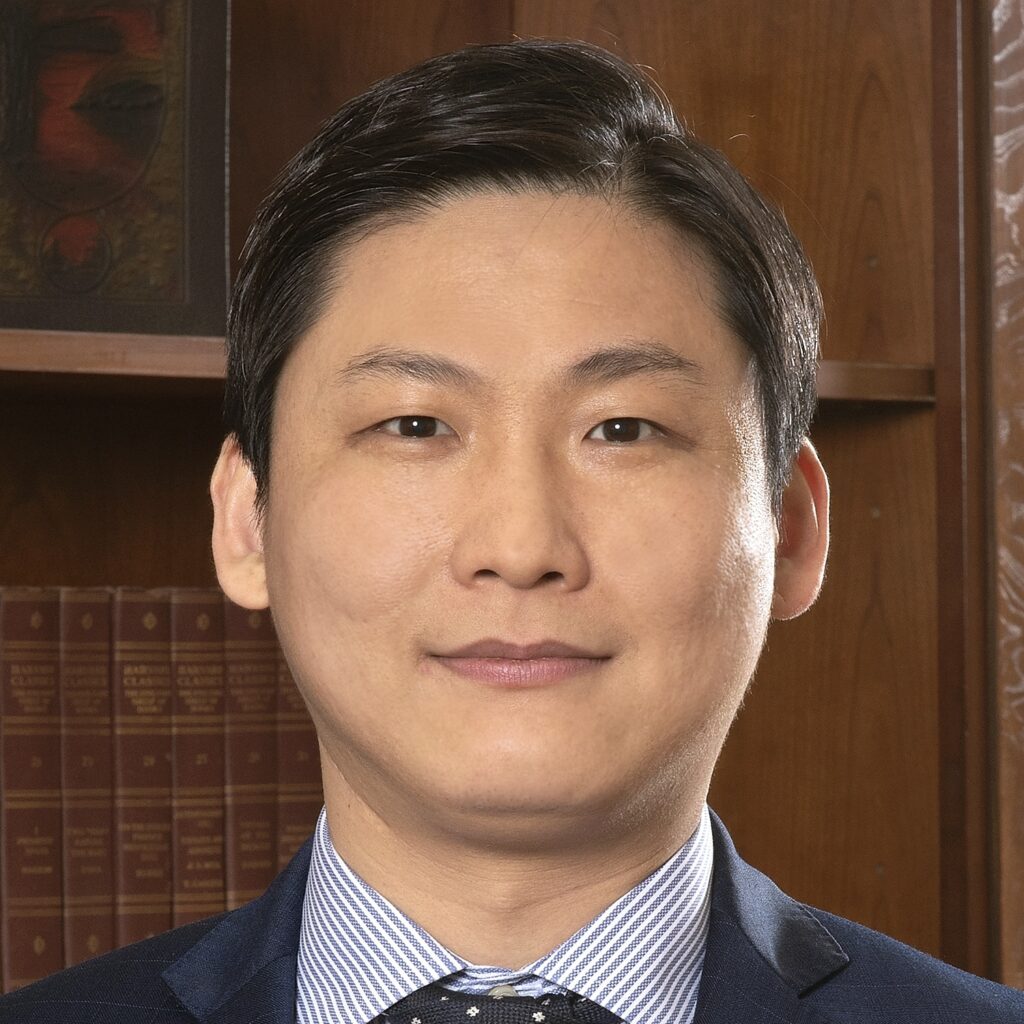

Invited Speaker
Dr Sungdae Lim
Assistant Professor of Public Administration
Department of Political Science
Sam Houston State University
This webinar will present a recently published paper by Sungdae Lim, David G. Berlan, and Byung Hee Min.
The creation of community social capital unifies nonprofits’ expressive and instrumental goals as nonprofit sustainability is determined by community-based market economies. Knutsen and Brower (2010) articulate the nonprofit dual accountabilities featured as resource-seeking (instrumental) and value-seeking (expressive) activities. Much research underscores social entrepreneurial models of nonprofit management as catalysts for ensuring ongoing engagement with both the community and the market. How a nonprofit facilitates social capital depends on the learning and innovation processes to advance their adaptive mobilization of resources, staff, stakeholders, and competencies for addressing the social cause and needs through service provision.
Some studies note that new entrepreneurial priorities concerning marketization can jeopardize less profitable activities (Eikenberry & Kluver, 2004; Seo, 2020). It is important to clarify how innovations become focused on enlarging a particular community-building domain. Mission fulfillment as the expressive orientation may hold up the interdependence between the social value potential and the market potential of nonprofits (Beaton, 2021; Dart, 2004). The nonprofit mission sets the organization’s end goal to serve the social cause and is realized through community engagement oriented to the mission (Kirk & Nolan, 2010). The shared mission thus inspires mission-driven efforts in management, which in turn mobilizes innovative capacity for community engagement. Taken together, we ask: Does shared mission in a nonprofit guide its learning and innovation impacts to be instrumental to their role in promoting community social capital?
This study proposes a conceptual framing in which nonprofits animating their learning and innovation practices instilled with a shared mission orientation would well perform the role in facilitating community social capital. By employing a structural equation modeling analysis, we tested a first-stage moderated mediation model. The findings provide empirical support for the hypothesized framework. We discuss how nonprofits successfully engage in community building.
About the presenter:
Sungdae Lim is an Assistant Professor of Public Administration in the Department of Political Science at Sam Houston State University. He holds a PhD in Public Administration from Florida State University. Dr. Lim’s research centers on public and nonprofit leadership, innovation, and coproduction with emphasis on social equity, community engagement, and social construction in public service governance.
David G. Berlan is an Associate Professor of Public Administration and PhD program director at Florida State University’s Askew School. His research examines the role of ideas in how nonprofit organizations change.
Byung Hee Min is an Assistant Professor in the Department of Political Science at Wayne State University. His research and teaching principally focus on organizational theory, nonprofit and NGO management, and budgeting and finance.
About Our Webinar Series
This event is part of our regular webinar sessions for social capital researchers including PhD/master students. These sessions include invited presentations from prominent scholars as well as presentations by PhD students and experts in professional practice.
For social capital researchers, these sessions are an opportunity to hear about the latest social capital research and insights from scholars working on the concept. They can be a great way to connect with people, to get advice, discuss ideas or issues, get suggestions for literature to read, or you can just listen.
Are you researching social capital and want to present your research? Click here for more information and to submit a proposal.
Generally, presentations can be 20 to 30 mins. The content of your presentation will depend on your research stage.

